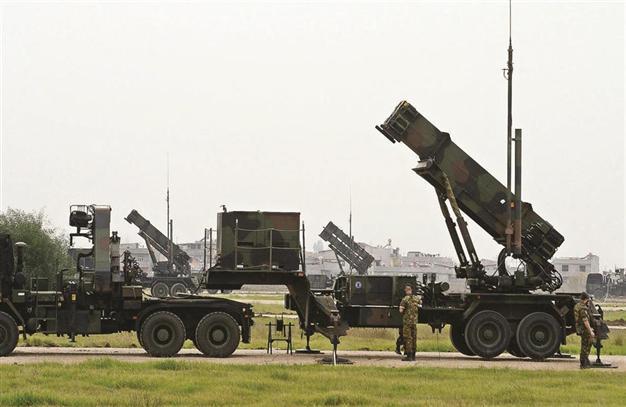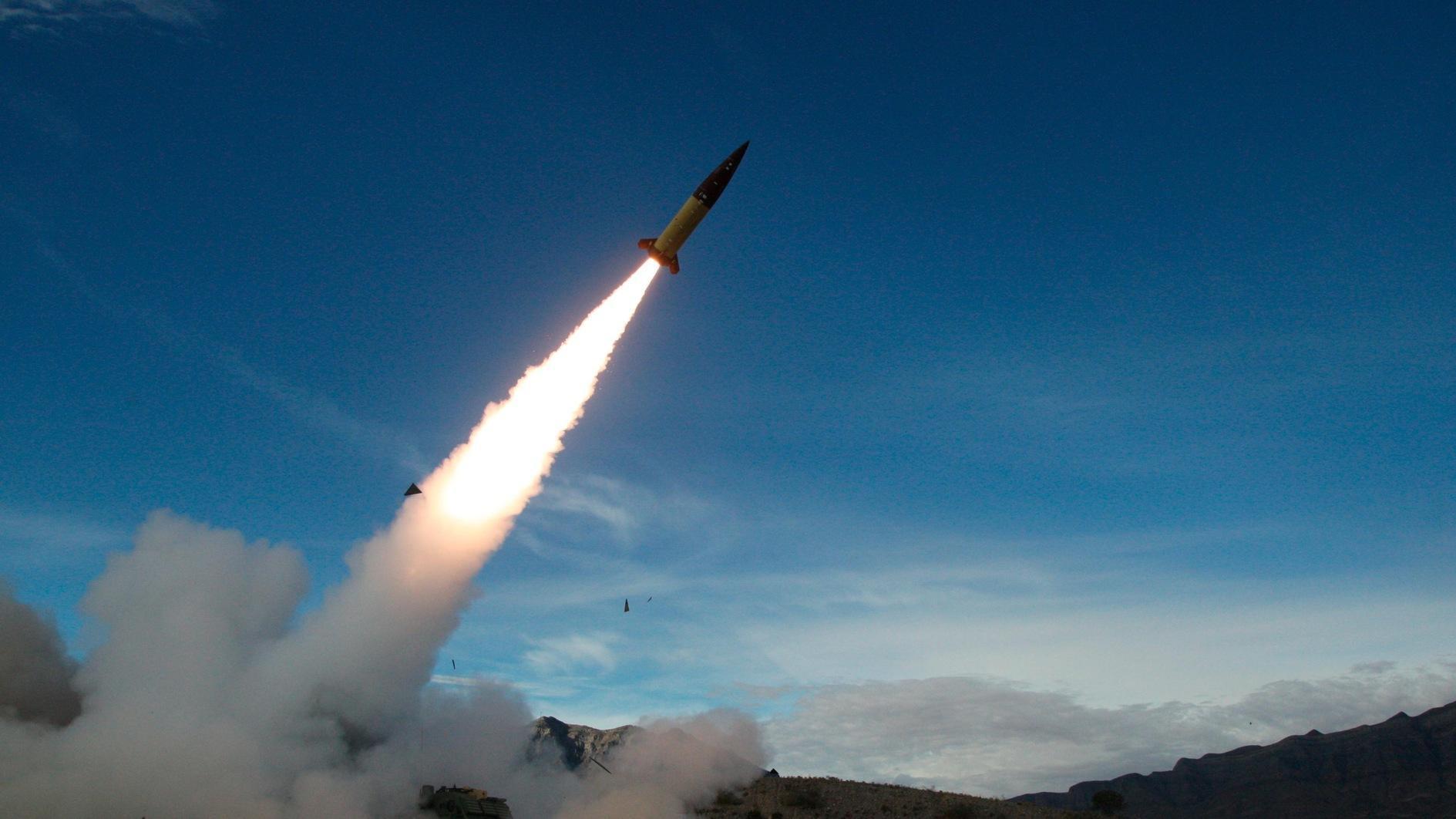Congress to Ankara: No China interoperability with US money
Burak BEKDİL

The US Patriot air defense system, seen in the photo, is one of the systems competing for Turkey’s long-range anti-missile and air defense systems DAILY NEWS photo, Selahattin SÖNMEZ
A move in Congress’ 2014 defense spending bill banning the use of U.S. funding to integrate a Chinese air and anti-missile defense shield with NATO/U.S. systems was not surprising for the Turkish defense bureaucracy, but it may make the Chinese offer “financially less attractive,” Turkish officials and defense industry sources have said.A U.S. diplomat said the budget move aimed to block “the silly idea” that a Turkish-Chinese air defense system could be made interoperable with NATO/U.S. assets with the help of U.S. money.
“Why should Washington sponsor something that it views as being against the nature of allied defense. Remember, the U.S. is the top sponsor of NATO money, and it has a right to say where this money is to be used and where it is not,” the diplomat said.
Turkey’s defense procurement bureaucracy remains divided regarding possible repercussions. “We are not surprised by this. But this is not a game changer during the process. We would expect our American allies to try and improve their own offers instead of trying to apply more pressure. At the end of the day, we may not need the U.S. or NATO and instead just use our own money to make the system interoperable,” one senior procurement official said.
But another official familiar with the program said that Congress’ move probably aimed to make the Chinese solution financially less attractive. “If we use Turkish money to make the system interoperable with NATO assets it will make the Chinese offer more expensive than it is. If the Chinese are prepared to share the extra burden it will make the contract less attractive for the Chinese,” the official said.
According to Congress’ budget plan, if the 2014 U.S. defense spending bill goes through as proposed, it will ban the use of U.S. funding to integrate Chinese missile defense systems with U.S. or NATO systems.
Murad Bayar, the head of the Undersecretariat for Defense Procurement, told the Hürriyet Daily News in an October interview that full integration with NATO assets was an explicit condition in the contract for the planned air defense system.
“As part of this program, a Turkish defense company will be tasked with integrating the air defense system into a network operated by the Turkish Air Force. That integration will mean integration with NATO assets, too, since the Turkish system is fully integrated with the NATO system,” Bayar said.
The Chinese bid from China Precision Machinery Export-Import Corp. (CPMIEC), which won the tender on Sept. 26, came in at $3.44 billion. The initial contract price was estimated at $4 billion.
Turkish Defense Minister Ismet Yilmaz announced after a high level defense industry meeting on Sept. 26 that a contract for the construction of long-range air and anti-missile system had been awarded to the China Precision Machinery Export-Import Corp. (CPMIEC).
The Chinese contender defeated a U.S. partnership of Raytheon and Lockheed Martin, offering the Patriot air defense system; Russia’s Rosoboronexport, marketing the S-300; and the Italian-French consortium Eurosam, maker of the SAMP/T Aster 30.
Under the program, dubbed T-LORAMIDS, Turkey is currently holding contract negotiations with CPMIEC, the front-runner of the competition and, if these talked fail, will start negotiations with the Eurosam consortium, the second best offer according to a grading of bids. The U.S. Patriot system was ranked third, and the Russian option has been eliminated entirely.
















